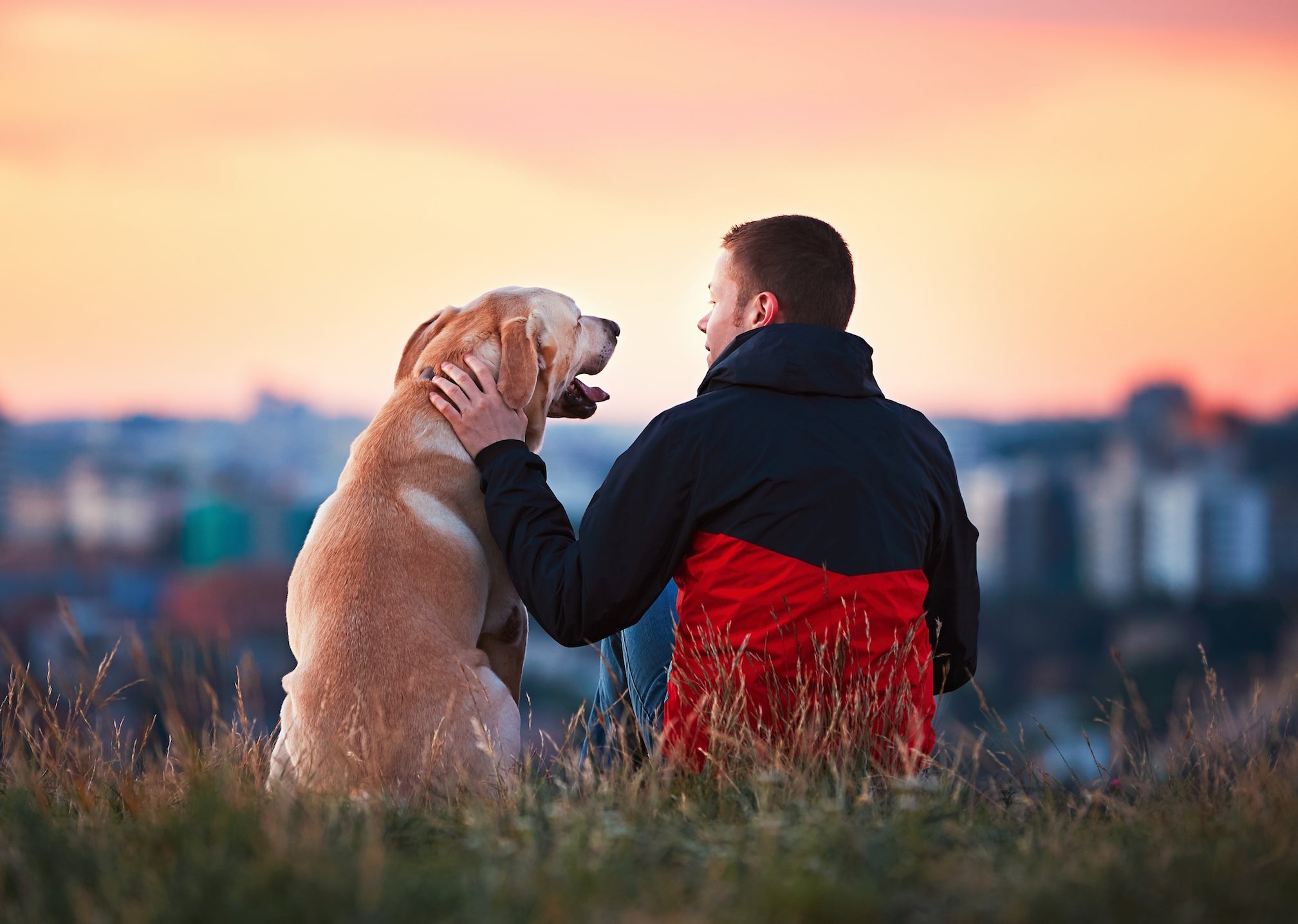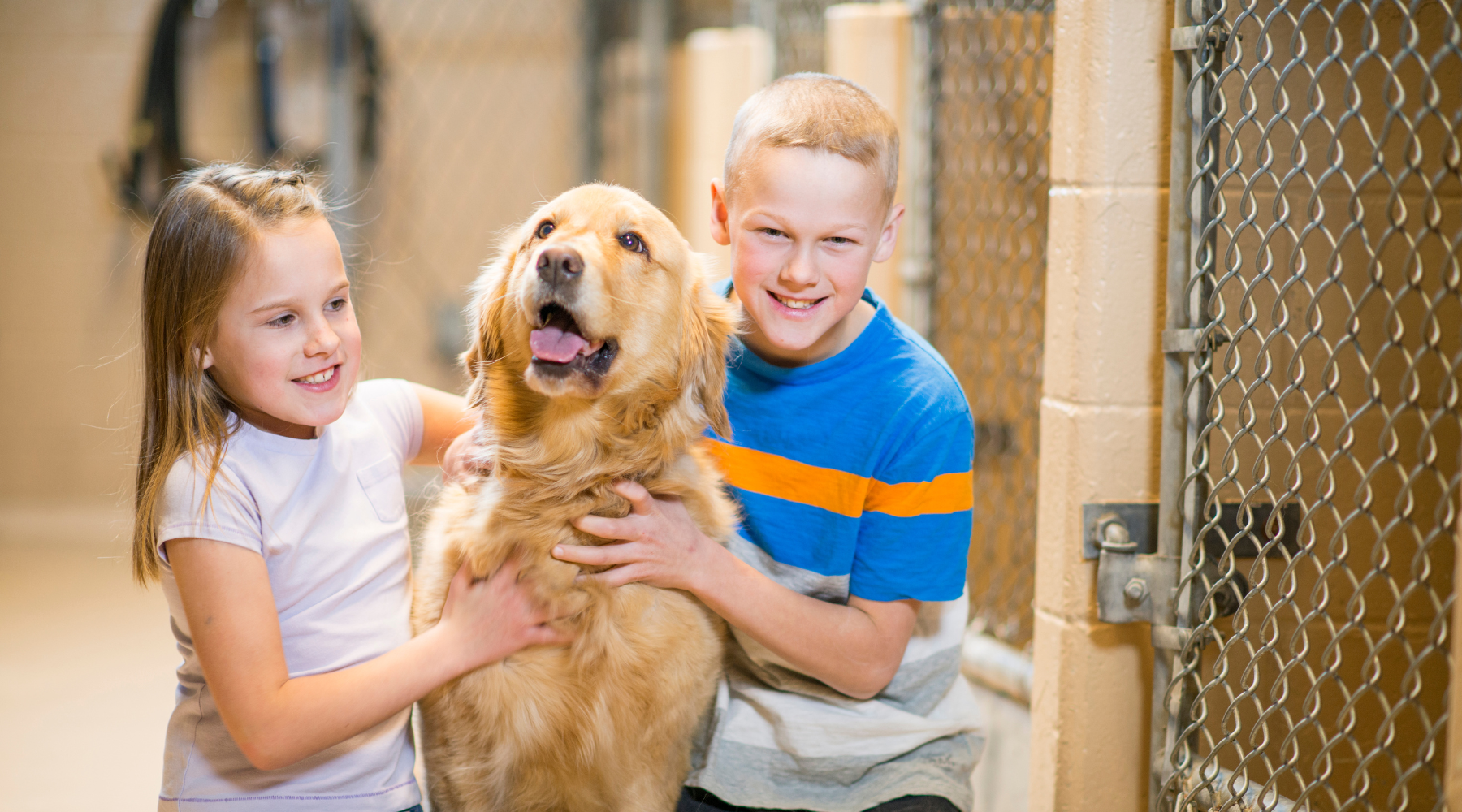
How to Choose the Right Dog for Your Lifestyle
Choosing the right dog for your lifestyle is a crucial decision that impacts both your life and the well-being of the dog. It's not just about picking the cutest or most popular breed; it's about finding a companion whose energy levels, temperament, and needs align with your daily routine and living conditions. Here's a guide to help you make an informed choice, considering various aspects such as energy levels, family dynamics, size, grooming needs, and space requirements.
Matching Energy Levels and Temperaments to Owner Lifestyles
High-Energy Dogs
If you're an active person who loves outdoor activities like running, hiking, or biking, a high-energy dog might be a great fit. Breeds like Border Collies, Australian Shepherds, and Labrador Retrievers thrive in environments where they can exercise vigorously and frequently. These dogs are not only energetic but also intelligent and often excel in training and agility activities.
Moderate-Energy Dogs
For those with a balanced lifestyle, enjoying both activity and relaxation, a moderate-energy dog could be ideal. Breeds like Bulldogs, Basset Hounds, and Shih Tzus require regular walks and playtime but are also content to lounge around the house. These dogs are great for owners who enjoy a mix of activity and downtime.
Low-Energy Dogs
If you prefer a more relaxed lifestyle, perhaps due to a busy work schedule or personal preference, a low-energy dog would be more suitable. Breeds such as the French Bulldog, Cavalier King Charles Spaniel, and Pug are known for their laid-back demeanor and lower exercise needs. These dogs are perfect for apartment living and owners who enjoy quiet evenings at home.
Considerations for Families, Singles, and Seniors
Families with Children
Families need a dog that is patient, tolerant, and good with kids. Breeds like Golden Retrievers, Beagles, and Boxers are known for their friendly and playful nature, making them excellent companions for children. It's essential to teach children how to interact with dogs respectfully to ensure a harmonious relationship.
Singles
Single individuals might benefit from a dog that can adapt to different social environments and possibly long hours alone. Breeds like Dachshunds, Chihuahuas, and Greyhounds can be great companions. They offer both companionship and independence, adapting well to the lifestyle of a single person.
Seniors
Seniors should consider dogs that are lower maintenance and can provide companionship without overwhelming physical demands. Breeds like Poodles (especially Toy and Miniature), Cocker Spaniels, and Maltese are wonderful options. These dogs are typically gentle, affectionate, and easy to manage.
Size, Grooming Needs, and Space Requirements
Size Considerations
- Small Dogs: Breeds like Pomeranians, Yorkies, and Dachshunds are perfect for small living spaces like apartments. They are easy to handle, but it's crucial to ensure they get enough exercise and mental stimulation.
- Medium Dogs: Breeds such as Cocker Spaniels, Bulldogs, and Border Collies are versatile in terms of living spaces but require more exercise and outdoor time compared to smaller breeds.
- Large Dogs: Breeds like German Shepherds, Golden Retrievers, and Great Danes need more space and can benefit from a house with a yard. They require significant exercise and can be a handful in small apartments.
Grooming Needs
Different breeds have varying grooming requirements, which can impact your decision:
- Low Grooming Needs: Breeds like Beagles, Boxers, and Dobermans have short coats that require minimal grooming.
- Moderate Grooming Needs: Breeds like Labrador Retrievers, Bulldogs, and Poodles (Miniature) require regular brushing and occasional professional grooming.
- High Grooming Needs: Breeds such as Poodles (Standard), Shih Tzus, and Afghan Hounds need frequent grooming, including professional haircuts, to keep their coats healthy and tangle-free.
Space Requirements
The size and energy level of a dog directly influence its space needs:
- Small Living Spaces: Breeds like Chihuahuas, French Bulldogs, and Pugs can thrive in apartments as long as they get regular walks and playtime.
- Medium Living Spaces: Breeds like Cocker Spaniels, Bulldogs, and Beagles can adapt well to medium-sized homes with small yards.
- Large Living Spaces: Breeds like German Shepherds, Golden Retrievers, and Labradors benefit from larger homes with access to ample outdoor space for exercise and play.
Conclusion
Selecting the right dog involves more than just falling in love with a puppy’s face. It requires careful consideration of your lifestyle, living space, and personal preferences. By matching a dog's energy level, temperament, and care needs with your own, you can ensure a happy and harmonious relationship. Whether you’re a family with kids, a single professional, or a senior looking for a gentle companion, there’s a perfect dog out there waiting to join your life. Take your time, do your research, and choose a furry friend who will complement your lifestyle beautifully.



Leave a comment
This site is protected by hCaptcha and the hCaptcha Privacy Policy and Terms of Service apply.